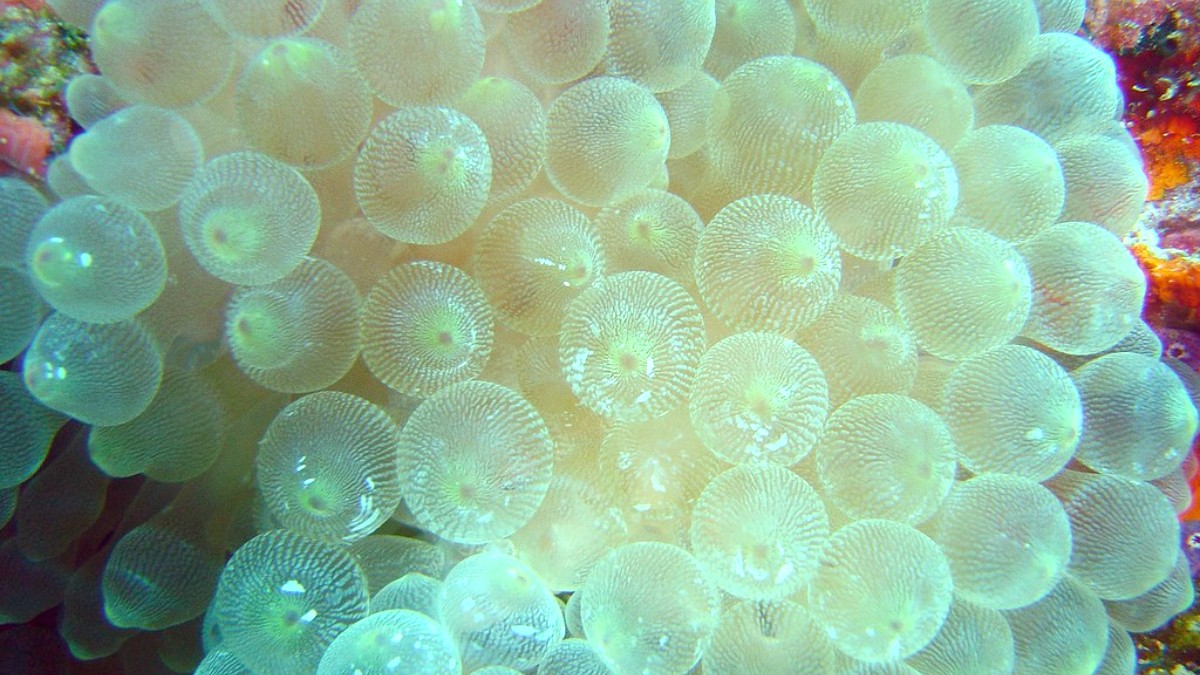
Micronesia
The lagoon and its wrecks are recognized as a protected area. This designation covers historical integrity and the marine ecosystem.
Efforts are ongoing to establish and manage MPAs within Chuuk State to protect coral reefs and marine biodiversity.
Waste management and recycling infrastructure are very basic. Minimize personal waste.
Conscious travel minimizes your footprint on Chuuk's fragile ecosystem. Look for sustainable outdoor gear from Patagonia and reusable products from Package Free Shop.
Limited infrastructure. Minimize personal waste and avoid single-use plastics.
Fresh water is a precious resource on small islands, often collected from rainfall or extracted from limited groundwater.
Inquire if resorts or operators have specific environmental policies.
Explore Eco-Friendly StaysLook for those emphasizing responsible diving practices and supporting conservation efforts.
Find Ethical ToursLong-haul flights to remote destinations like Chuuk have a significant carbon footprint. Consider offsetting flight emissions through reputable programs.
Your interactions can contribute positively to the local community. Respect Chuukese traditions.
Modesty in dress, especially in villages and religious sites, shows deference.
Be mindful of people's privacy. Do not photograph children without explicit parental consent.
Support local cultural initiatives and artisans by purchasing authentic local crafts directly from creators.
Illegal and unethical to touch or remove any artifacts from WWII wrecks.
Avoid giving money directly to children; it can create dependency.
Donate through established local organizations, schools, or clinics.
Before your trip, learn about Chuuk’s customs and history. This preparation makes you a more informed and respectful traveler.
Your visit benefits the local community directly and sustainably. Support conservation efforts with The Rainforest Site.
Seek opportunities to support local communities directly.
Purchase local crafts directly from artisans or small, locally owned shops.
Tailor your Chuuk trip to specific passions, though diving and history are intertwined.
Chuuk is a highly specialized destination, not typically recommended for families with young children.
Focus on the tranquility of the lagoon and respectful engagement with local church communities.
Not common for tourists. Infrastructure for long-term stays is very limited.
Long-term visitors are usually aid workers or government staff.
If you wish to make a charitable contribution, do so through established local organizations, schools, or clinics, rather than individual handouts.